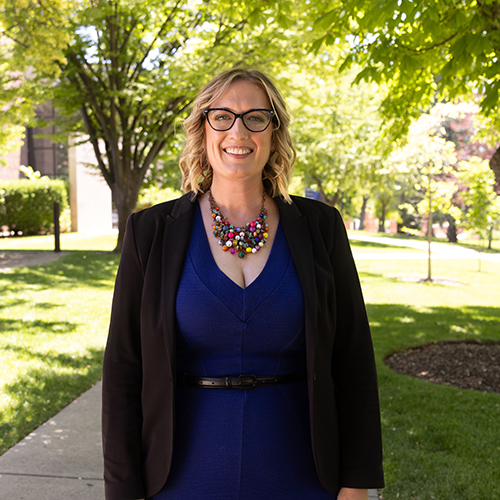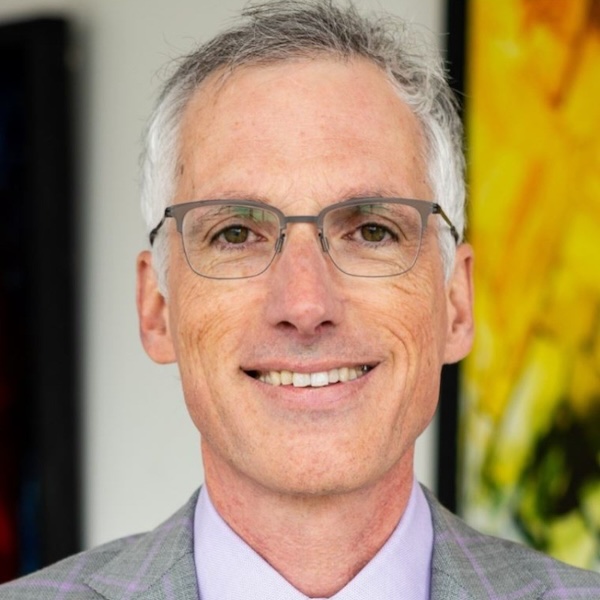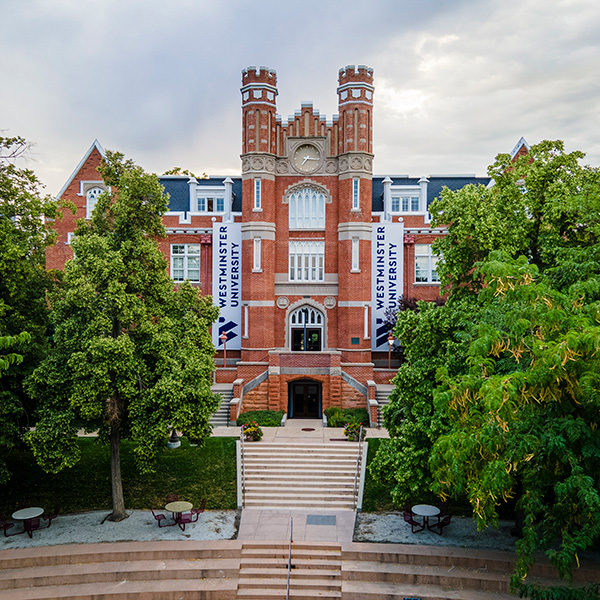
As a first-year student at the University of California San Diego, Dr. Alicia Cunningham-Bryant was in the middle of a shift. Her heart wasn’t in the pre-law major she had originally planned to pursue, so she was taking classes in various subjects to explore her options. Inspiration would come from a class in Maya Archaeology–fueling her interest in archaeology and setting her on a path which would eventually lead to her becoming the Dean of Westminster University’s Honors College.
“I was so excited to learn about not just the past, but the living cultures of the Maya, the communities built around it, the continuity across time and the fact that people are people no matter when in time we exist, we all are worried about the same things,” she says. “We care about the same things. We're facing similar challenges.”
The Maya Archaeology class was taught by a professor who took the time to connect with Dr. Cunningham-Bryant when she expressed an interest in archaeology as a career. He not only talked to Dr. Cunningham-Bryant about her options, but he invited her and her parents to a dig site in Mexico, where she witnessed firsthand what a career in archaeology might look like. Dr. Cunningham-Bryant says that her professor’s care made all the difference.
“I really benefited from having a faculty member who cared about his students, who put in the time and the energy to really invest. It changed the course of my life entirely. I am so grateful for that experience,” she says.
After learning more from her professor, Dr. Cunningham-Bryant realized that she was interested in Egyptology. Her studies took her from a study abroad experience at Oxford University to Yale University, where she completed a PhD in Near Eastern Languages and Civilizations and participated in field research in Egypt. From there, she shifted from field archaeology to museum archaeology and worked in museums around the world.
These experiences shaped Dr. Cunningham-Bryant’s worldview, informing her practices as a researcher, educator, and leader who takes a human-centered approach in her work.
“I got into this work because people fascinate me. Why we do the things we do fascinates me. I'm constantly engaging with how the modern world and the ancient world are so reflective of each other. We can learn so much from the past, from other cultures, from each other, from engaging with different value systems, different identities, different ways people move through space. A lot of what I teach now–and my focus in the last 12 years–has been on deconstructing narratives of who deserves “culture”, who owns culture, and recentering the voices of excluded communities.”
Dr. Cunningham-Bryant came to Westminster after working at Temple University as a faculty member, program designer, and associate director for special programs, along with a multitude of other roles in student support and program design. She designed the study abroad component of Temple University’s Intellectual Heritage program, a program that continues to succeed and draw students to this day.
Now in her eighth year at Westminster, Dr. Cunningham-Bryant has made a considerable impact on campus, including as an educator and the Kim T. Adamson Chair of Westminster’s Honors College and as the director of Fellowship Advising. Under her mentorship, many students have received prestigious fellowship awards that have allowed them to study and conduct research around the world. Dr. Cunningham-Bryant began the role of Dean of the Honors College on July 1, taking over the role from Dr. Richard Badenhausen.
“I am so excited for the opportunity to expand on Dr. Badenhausen’s legacy, to continue to build out the Honors College in new and exciting directions and to support students. Our students are at the vanguard across campus, and it’s so thrilling to support them in this new capacity as Dean,” Dr. Cunningham-Bryant says.
Dr. Cunningham-Bryant has plans to expand on the strengths of Westminster’s Honors College–one of only two honors colleges in the state of Utah–to build new opportunities for students and alumni. In Fall 2026, the Honors College will launch a City as Text™ program, which will allow Honors College students to learn from their physical environments by “reading” the environment as if it were a text. Based in practices from the National Collegiate Honors Council, the City as Text™ program will inspire place-based learning, whether students are on or off campus in Salt Lake City, or in study-away programs around the world.
Honors College alumni can look forward to expanded mentorship opportunities and new ways to connect with fellow graduates who are outstanding in their fields. Dr. Cunningham-Bryant emphasized that Honors College alumni continue to be one of the most engaged groups of graduates, and she is eager to foster new connections between alumni and current students.
Dr. Cunningham-Bryant will continue the Honors College’s legacy as a campus institution that leads the way in supporting student wellness, creating opportunities for student leadership and research, and building engaging and thoughtful classes and programs that inspire students and the community.
“I am deeply committed to continuing and expanding programming and support for our students. The challenges students face day to day are ever growing, ever expanding, and yet the commitment of our students to tackle those head-on is unwavering.”


Related Stories


